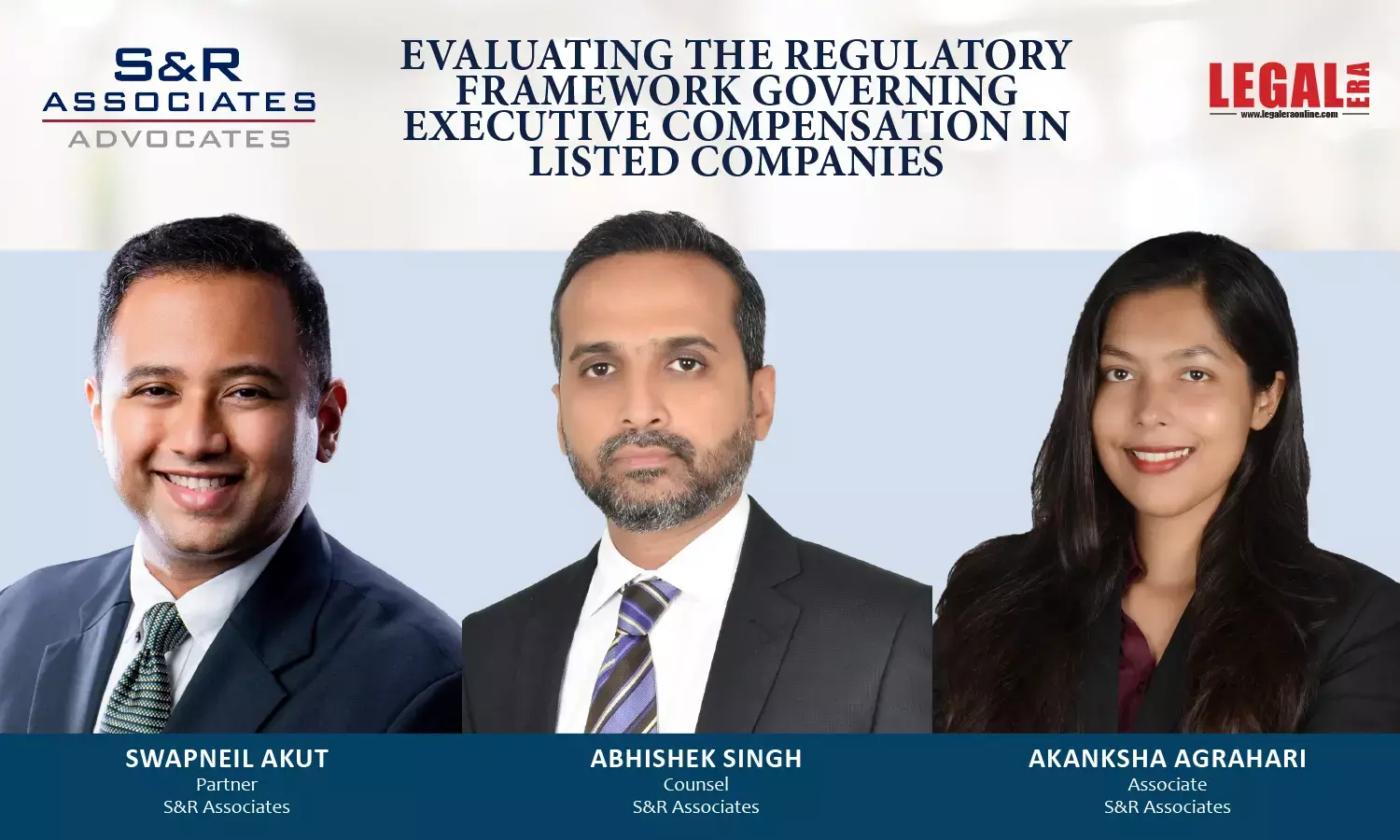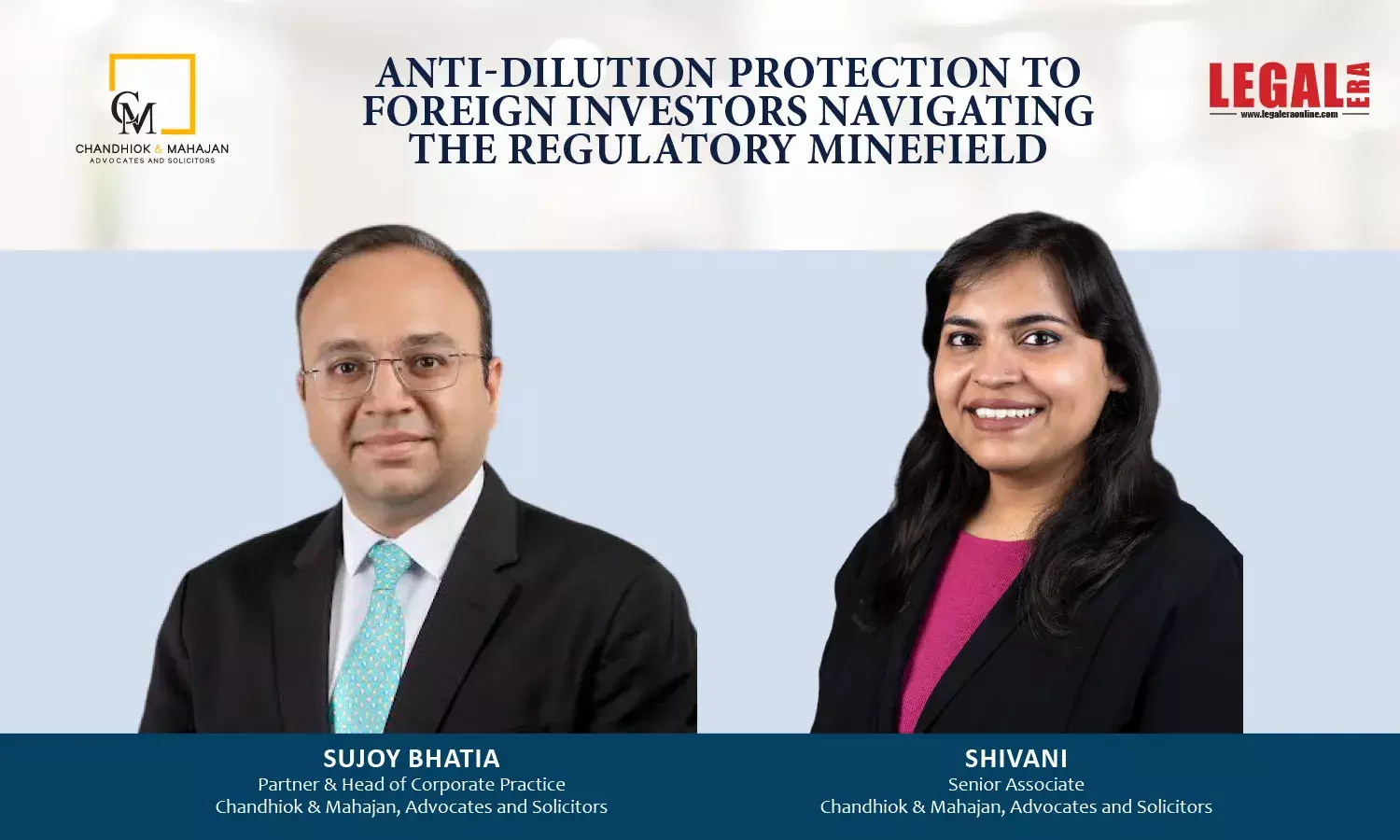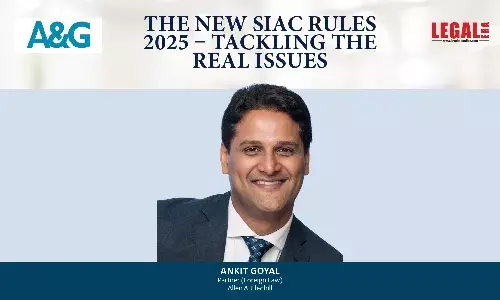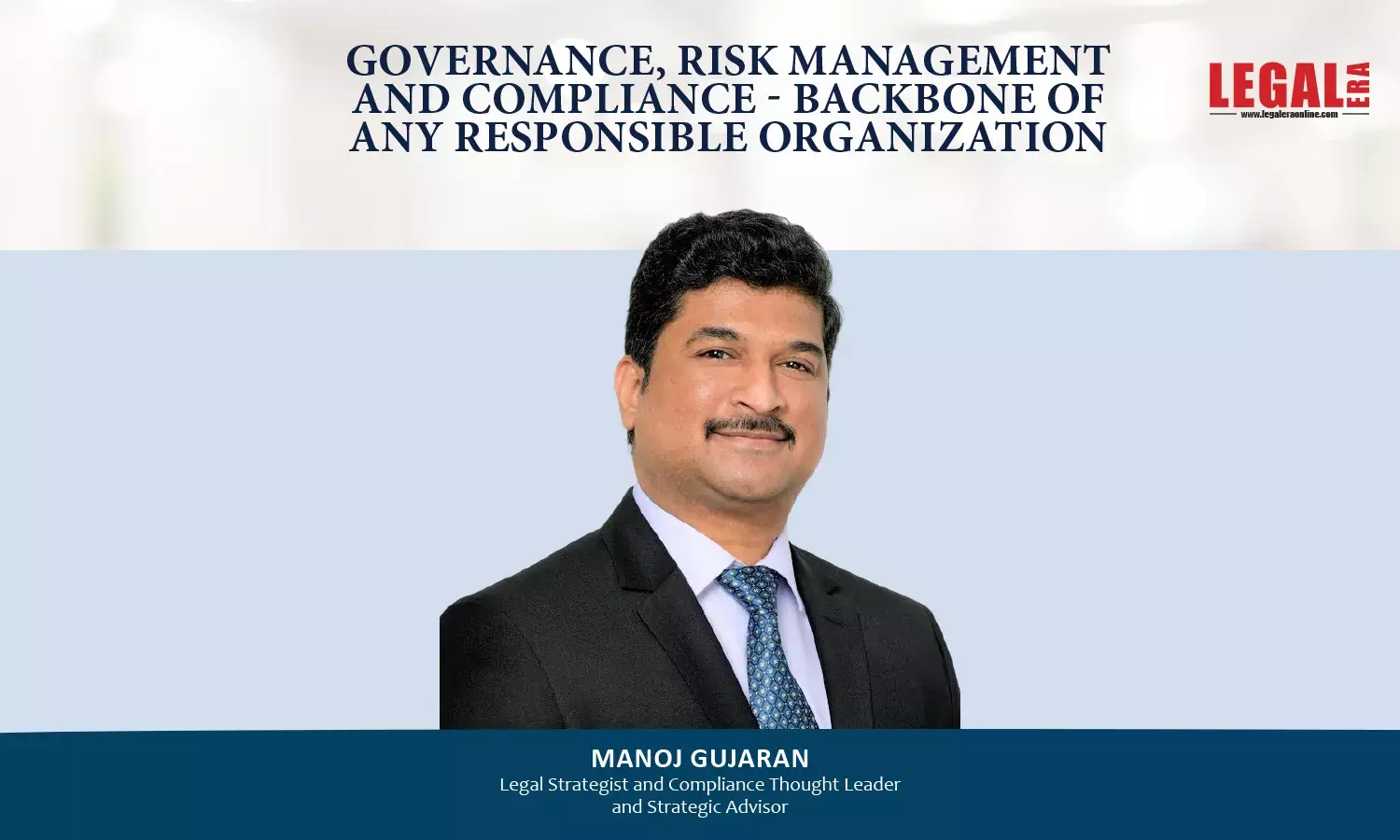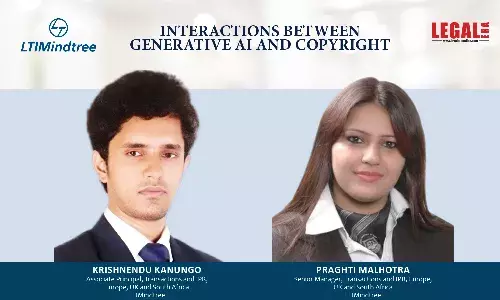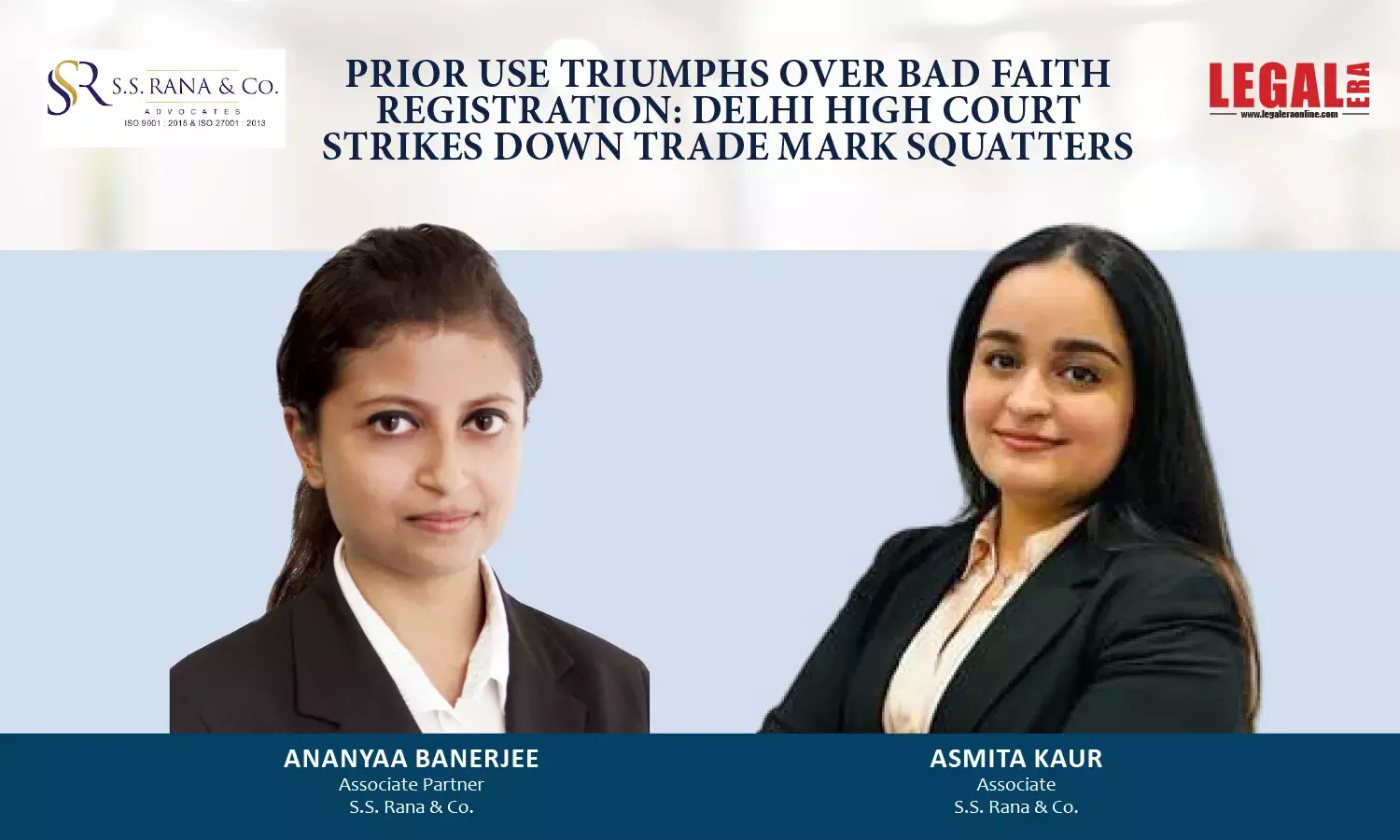"There are several ills affecting the legal system, not least of which is the quality of legal education and the pending cases and backlog in courts. Unless and until there is a major overhaul of these maladies, we will not attain the kind of system we envision for the future" Eminent jurist Marc Galanter summarises the public's perception of the Judiciary in India as follows "Courts...
"There are several ills affecting the legal system, not least of which is the quality of legal education and the pending cases and backlog in courts. Unless and until there is a major overhaul of these maladies, we will not attain the kind of system we envision for the future"
Eminent jurist Marc Galanter summarises the public's perception of the Judiciary in India as follows
"Courts in India are viewed with a curious ambivalence; they are simultaneously fountains of justice and cesspools of manipulation. Litigation is widely regarded as infested with dishonesty and corruption. But courts, especially High Courts... are among the most respected and trusted institutions.".
The standard of the legal system in India cannot be improved unless there is improvement in the legal education presently being imparted in law schools in India. Post Independence, the vision of legal education was to ensure justice-oriented education to contribute to the realisation of values enshrined in the preamble of the Constitution of India. Significantly, the only profession which finds mention in the Constitution of India is of "a legal practitioner" in Article 22.
Regrettably, public perception of the Indian legal system is rather poor.
To restore public confidence, it is imperative that legal education in India inculcates observance of the highest standards of professional ethics and a spirit of public service. It needs to be broadbased, multi disciplinary, multi functional, contextual and contemporary with the purpose to train professionals to equip themselves to meet the new challenges and dimensions of internationalisation, more so when the nature of legal practice is undergoing a paradigm shift.
It is required that there is interweaving of law with the related issues of the contemporary world and the multidisciplinary character of legal education must be respected. I visualise that like IITs' LLB course for engineering graduates at present, there will be interweaving of legal skills with other professional courses in 2020 for e.g. introduction of LLB courses even for graduates of other disciplines, including MBBS graduates.
The main challenge facing India's legal and judicial systems is rendering justice to poor people. Regrettably, increasing numbers of the best law graduates are deserting courts to join multinational corporations (confined only to transactional law practice) and in the near future, there is apprehension of an alarming scarcity of professionals who can advance the cause of justice before Courts and fight for and uphold the constitutional rights conferred under the Constitution of India and establish the Rule of Law. Even presently, the foundation of the judicial system being subordinate courts at the local level is suffering from a serious dearth of adequately qualified legal professionals. It is therefore imperative that legal education should prepare students with an aptitude, interest, commitment, skills and knowledge necessary to work with marginalised, socially excluded and poor people at the local level, to advance the cause of justice.
It cannot be forgetten that the legal profession is a solemn and serious occupation and is different from other professions in that what the lawyers do, affects not only an individual but the administration of justice, which is the foundation of the civilised society.
It is said that India is a case of over legislation and under governance. As per a study by Bibek Debroy, there are nearly 3000 Central laws still in force, out of which around 1/4th laws have never been used in Independent India. The Jain Commission, in its 'Report of the Commission on Review of Administrative Laws' (September 1998), sought repeal of over 1,300 central laws (including 11 British statutes) observing that the said Acts have failed to recognise current realities and facilitate compliance, rather there is a tendency to invoke mechanisms for harassment.
Archaic rules framed under aged statutes e.g. the Factories Act, 1948 and procedural insistence on restrictions on employment of women, maintaining time for opening and closing of shops, maintaining paper registers, paying paper salary slips, payment of overtime even in cases of flexi works etc. adversely affect stages of an enterprise's entry, functioning and exit operations besides imposing conditions that render Indian business non competitive.
In the near future, I visualise that similar to the revolutionary reforms in Company Law by introduction of MCA21, there should be similar reforms in the Indian Judiciary. It is high time that management of the court system in India is modernised by taking advantage of new technology, which is rapidly improving. Introduction of technological advancements and extensive use of technical aids like computers, dicta-phones, etc. will bring down the delay in disposal of cases and backlog in the Courts considerably. Further, the flaws in the legal system giving rise to unlimited frivolous suits must be plugged. There is even a need for clearly demarcating areas for speedy adjudication of cases by making Arbitration and Mediation in India more effective and due enforcement of the adjudicatory process adopted through Lok Adalats which are statutory bodies established under the Legal Services Authorities Act, 1989 and through Gram Panchayats at the rural level.
I am hopeful that the Indian Legal System will reach a new high in 2020.
Disclaimer–The views expressed in this article are the personal views of the author and are purely informative in nature.


